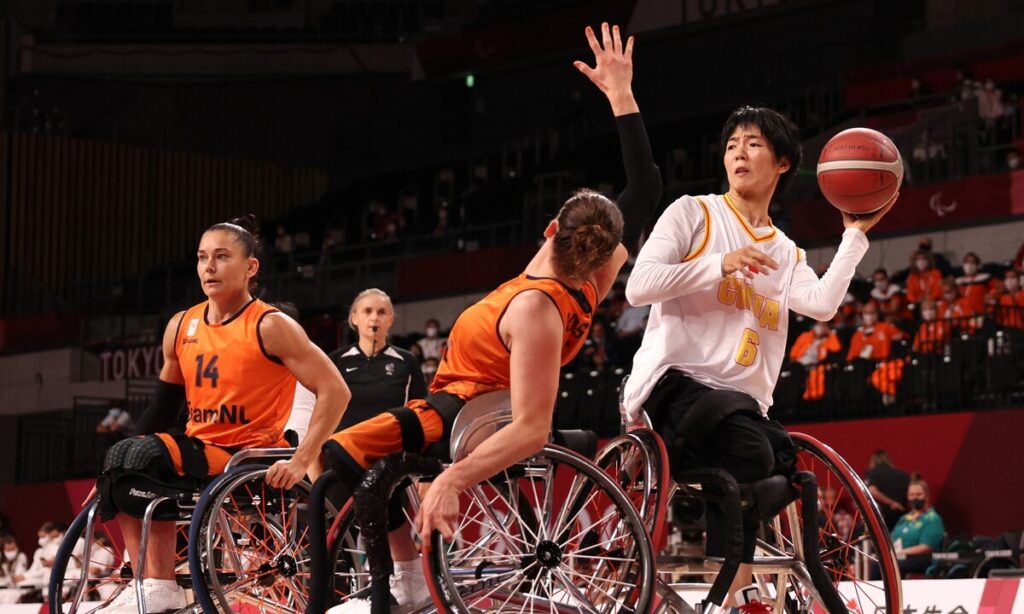
Dear reader,
In a conversation with journalist Rania Khalek, Dongsheng member Tings Chak speaks about China’s campaign against poverty, the century of humiliation, and recent regulations of Big Tech and more. Watch the hour-long interview in English here or listen to the podcast (Spotify, Apple).
To learn more about how China managed to eradicate extreme poverty in a country of 1.4 billion people, read Tricontinental: Institute for Social Research’s study Serve the People: The Eradication of Extreme Poverty in China (English, Spanish, Portuguese), co-authored by Tings.
—Dongsheng editorial collective

National Politics
To reduce high housing costs, China caps rent increases to 5% annually, plans housing construction, and revisits property tax
Since January, the average square-meter property price fell 8% in the country, but increased 3.3% in large cities; the sector represents 13% of GDP, but the government aims to make housing more affordable towards achieving “common prosperity”
South China Morning Post, 31.08.2021
Guangdong–Macao cooperation zone plan expands “one country, two systems” and diversifies Macao’s economy (70% of GDP from casino industry)
Guangdong mainland with the former Portuguese colony Macao, allowing its residents to work cross-border and businesses will enjoy lower income taxes (15%) in the mainland Hengqin zone
South China Morning Post, 07.09.2021
Vice premier Liu He vows firm support of the country’s private sector amid government measures regulating business practices, from within Big Tech to celebrity culture
Liu reassures the sector and the role it will play in stabilizing growth and employment, which already contributes to taxes (50%), GDP (60%), technological innovation (70%), and urban employment (80%) of the country’s total

Economy
Government creates stock exchange in Beijing to help small and medium enterprises and announces US $46.4 billion in loans for the sector
The backbone of China’s economy (80% of the urban labor force, 50% of government tax revenues), SMEs face rising production costs, indebtedness, and the effects of Delta outbreaks; measures aim to ease access to financing

Science and Technology
Amid global supply crisis, China’s largest chipmaker SMIC will invest US $8.87 billion in a new Shanghai factory
The plant’s goal is to manufacture 28-nanometer and older-generation chips used in the automotive and electronics industries; since 2020, SMIC has been under US sanctions, preventing the company from developing more advanced technologies

Geopolitics
Russia more than doubles its agroexports to China (US $4 billion, 2017-20), seeking to reduce Chinese dependence on imports from US
Russia’s Far East territory (6.5 million hectares), with favorable climate and soil, is the country’s bet to expand agricultural production; China leases hundreds of thousands of hectares in the region, which could replace US soybeans over next years

Agriculture and Environment
China’s biodiversity protection policy achievements receive recognition at World Conservation Congress, held in Marseille, France
Launched three years ago, China’s Ecological Conservation Red Line has demarcated protected areas in 15 provinces and municipalities (2.4 million km²); policies have rescued more than 100 endangered species, such as the Asian elephant and the Yunnan snub-nosed monkey, but compliance remains a challenge
South China Morning Post, 06.09.2021
Chinese juncao technique that innovates mushroom growing without fertilizers has been implemented in over 100 countries and adopted by the UN since 2017
Cultivation preserves nature, requires little labor and can produce 1,200kg of mushrooms in 10m², generating up to US $300,000 annually/hectare; China invests in spreading the technique to BRI countries

People’s Life and Culture
In Tokyo, China tops the Paralympics medal tally for the fifth time in a row
251 athletes (53% female) participated in the Games, winning 96 gold, 60 silver, and 51 bronze medals, highlights included wheelchair basketball, badminton, marathon running, and track and field; Team China’s success is thanks to increasing livelihood support for people with disabilities
In a long tradition, Chinese society places emphasis on the morality and responsibility of celebrities, expected to be social role models
The expectation of celebrities to be public educators is rooted in Confucian tradition and emphasized after the 1949 Revolution; wrongdoing of celebrities and their fan groups today, amplified through the internet, are now the target of government’s industry regulation

Chinese women’s wheelchair basketball team won the silver medal in Tokyo [VCG via Global Times]
Subscribe to News on China. The digest is published every Saturday in English, Spanish, Portuguese, and French.
Read the News on China: Africa Weekly in English, Spanish, Portuguese, and French.
Follow our social media channels:
- Twitter: @DongshengNews (English), @DongshengNewsES (Spanish), @DongshengNewsBR (Portuguese)
- Telegram: News on China, Noticias de China, Notícias da China
- Instagram: @DongshengNews
- YouTube: Dongsheng News





